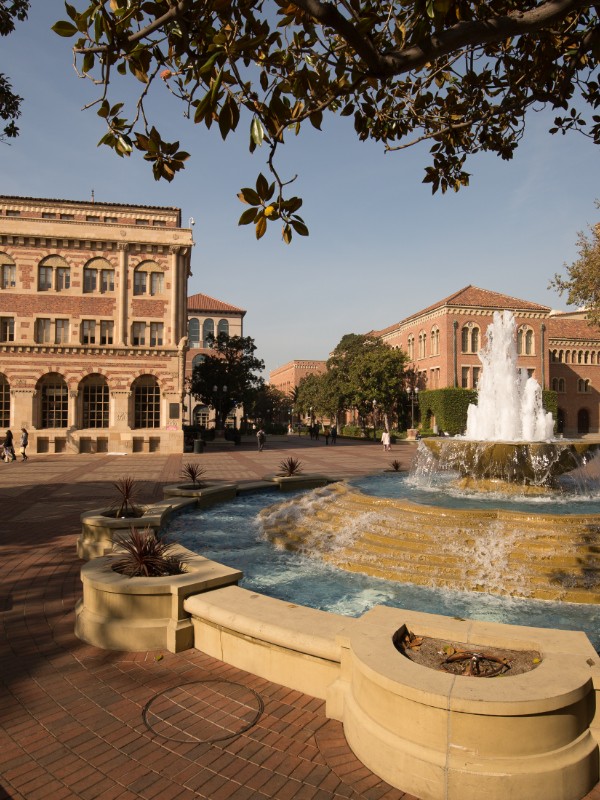1
Prerequisite Coursework in Maine
All states require at least a bachelor’s degree in order to teach at the elementary school level (K-8), Maine requires you to have completed an approved teacher preparation program and/or one that has included the following coursework.
- Six semester hours in each of the following: English, mathematics, science, and social studies
- Three semester hours in each of the following: elementary reading methods, elementary mathematics methods, elementary science methods and elementary social studies methods
- Three semester hours in each of the following: teaching exceptional students in the regular classroom, elementary math, elementary reading, elementary science, elementary social studies, and children’s literature or elementary language arts methods or the writing process
To teach at the secondary school level (7-12), Maine requires you to have completed an approved teacher preparation program or one that has included the following coursework:
- A minimum of 24 semester hours in the subject area you plan to teach: English, Life Science, Mathematics, Physical Science or Social Studies
- A minimum of 3 credits each for “Teaching Exceptional Students in the Regular Classroom” and secondary methods in the desired subject area
Maine also requires a period of student teaching.
2
Maine Teacher Certification Programs
Teacher Certification Programs can be taken online or on-site. They typically include an educational theory and classroom skills seminar and a fieldwork component of student teaching in the area. A list of accredited teacher preparation programs in Maine can be found on the Maine Department of Education’s Educator Preparation Programs page.
3
Required Tests for Maine
Most states require tests to show competency in basic skills as well as in the desired subject area. Maine requires the PPST (Pre Professional Skills Test) for Basic Skills, the Praxis II: Subject Tests for Subject Area competency and the PLT: Principles of Learning and Teaching.
You can learn more about the Praxis exams by visiting Teach.coms’ Ultimate Guide to the Praxis Exams and read more about teacher certification tests on Teach.com.
Initial Teaching Certifications
To earn your Maine teaching credential you will have to complete the required amount of undergraduate coursework and standardized tests, as well as an accredited certification program. Learn more about getting your teaching credential at the Maine Department of Education.
Learn more about getting your teaching credential on Teach.com.



